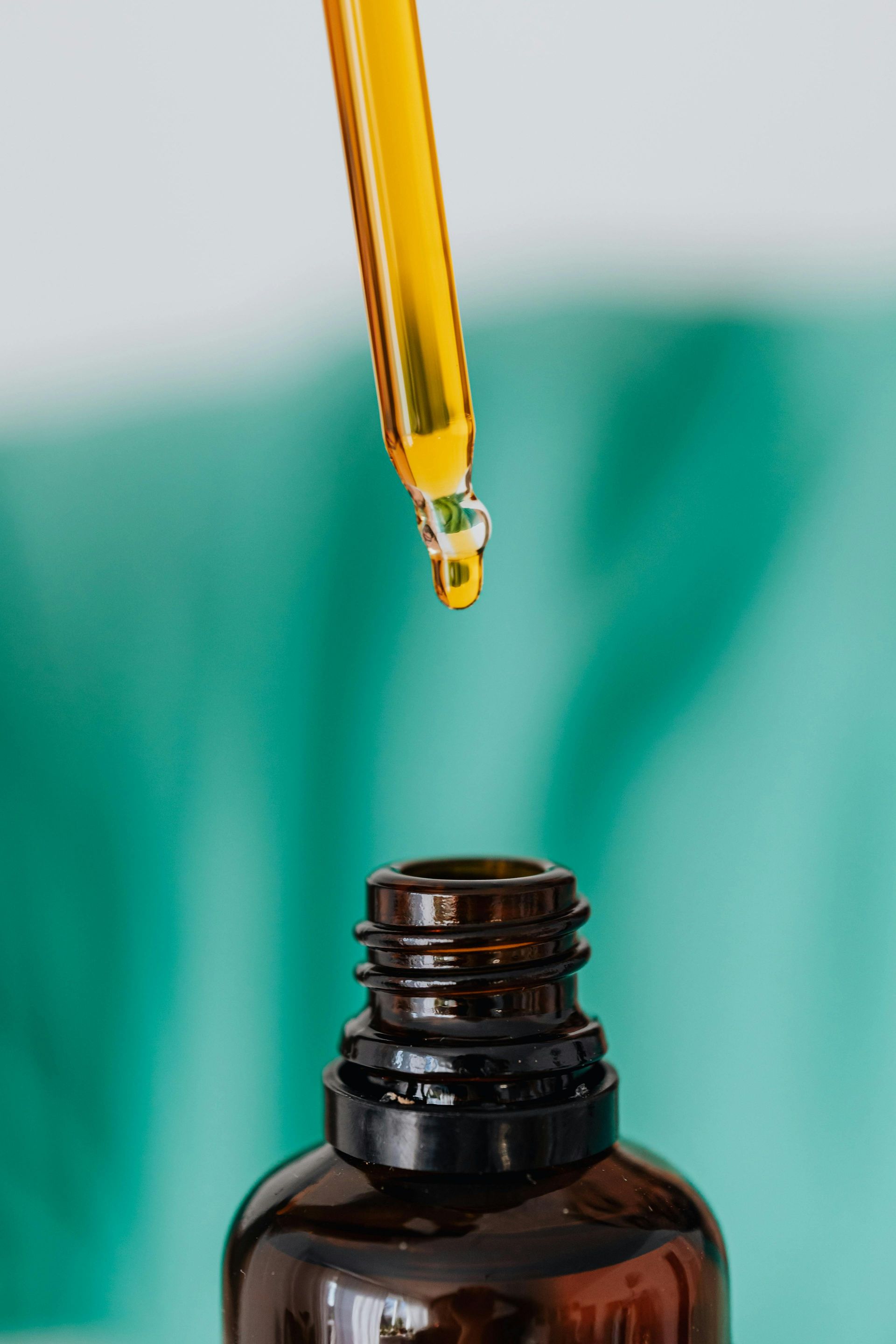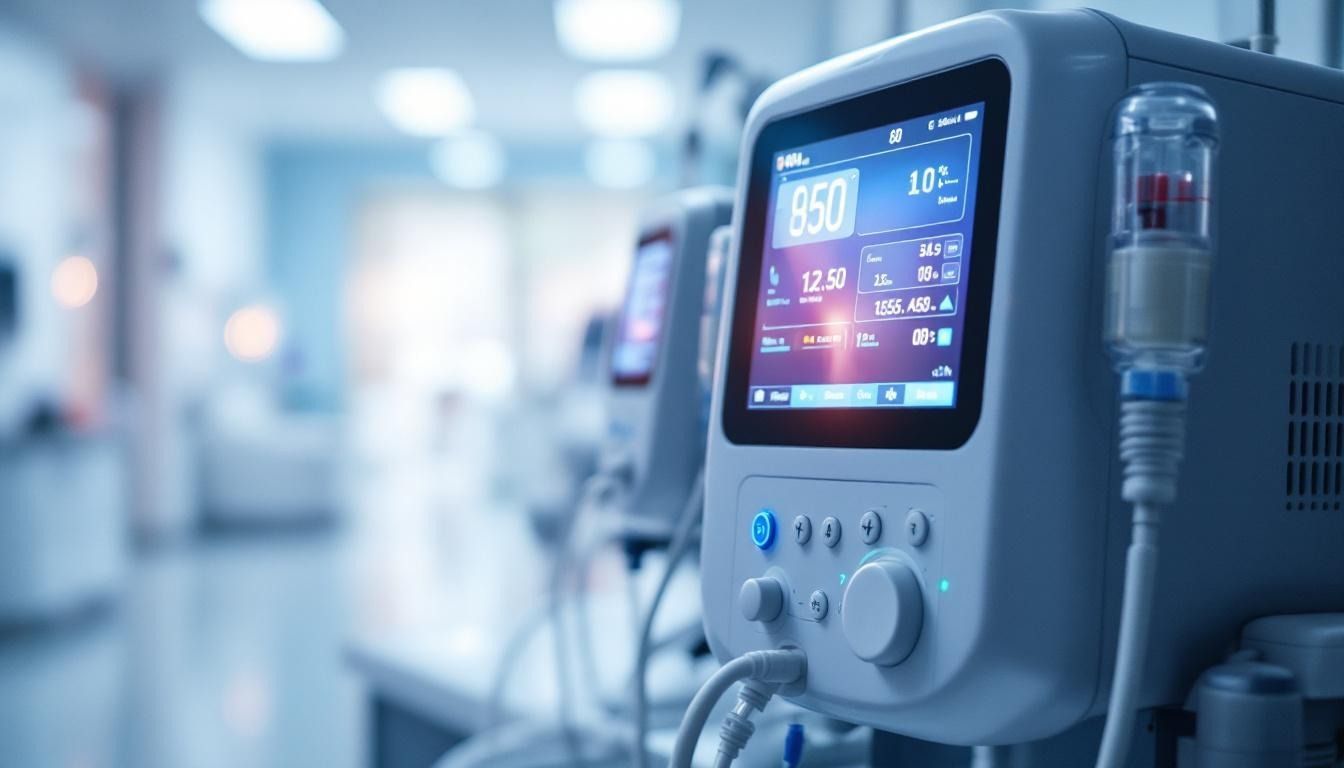How did the hurricane in north carolina effect your TPN + how we can help
A Storm Disrupting Vital Nutrition
Hurricane Helene struck North Carolina with unprecedented force, leaving profound effects on its medical infrastructure and supply chains. Among these impacts were significant disruptions to Total Parenteral Nutrition (TPN) supplies, which are crucial for patients needing nutrition in IV form when oral intake is not an option. This article explores the multifaceted challenges posed by the hurricane, the ensuing supply chain breakdown, and the concerted community and government responses aimed at restoring health services to stability.
The Tremors Felt Across Healthcare Supply Chains
What are the impacts of Hurricane Helene on healthcare supply chains related to Total Parenteral Nutrition (TPN)?
Hurricane Helene significantly disrupted the supply chains for Total Parenteral Nutrition (TPN) due to severe flooding and destruction caused by the storm. The Baxter International facility, a major supplier of IV and peritoneal dialysis solutions located in Marion, North Carolina, was heavily affected. With operations halted, they reported a distribution capability of only 40% of normal IV fluid supply, leading to shortages in critical healthcare products used to provide nutrients to patients unable to eat by mouth.
Disruption in healthcare supply logistics
The flooding not only created immediate supply delays but also complicated transportation logistics necessary for moving essential goods. Hospitals across the region that depend on a steady influx of TPN components faced significant challenges, impacting patient care protocols. As the recovery process continues, healthcare institutions are advised to implement conservation strategies to make the most of their limited supplies.
Challenges faced by healthcare institutions
Healthcare facilities must adapt to this shortage by altering treatment procedures and prioritizing the preservation of existing supplies. The stress on supply chains extends beyond immediate patient care needs, affecting ongoing research programs and clinical trials, which often rely on the same resources disrupted by the hurricane. As facilities work towards recovery and restoration, addressing these challenges is critical to resuming normal healthcare operations in the affected areas.
Navigating the Storm: Resources for Patients
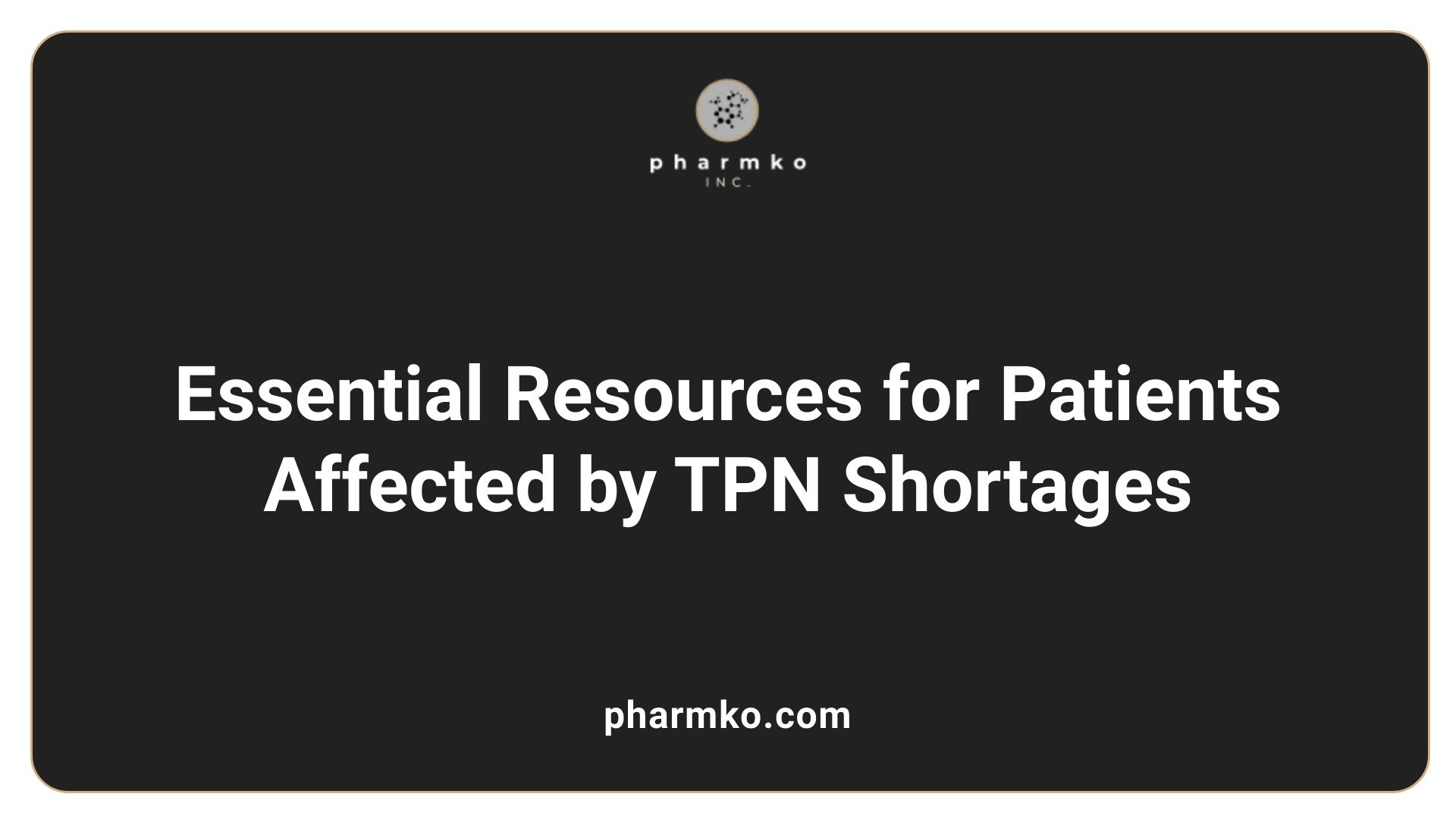
What resources and assistance are available for patients affected by TPN shortages due to Hurricane Helene?
Patients relying on Total Parenteral Nutrition (TPN) amidst the shortages caused by Hurricane Helene can find various resources to help them navigate this challenging time. Immediate guidance should be sought from local healthcare facilities, which can provide essential medical advice and support based on individual needs.
For financial assistance, the Individual Assistance program in North Carolina is a vital resource. This program offers financial aid for residents impacted by the hurricane, and costs related to medical needs can be included. Patients can register for support through the FEMA website at www.DisasterAssistance.gov or directly contact FEMA for assistance.
In addition to FEMA’s support, organizations like the North Carolina Voluntary Organizations Active in Disaster (NCVOAD) play a crucial role. They can help facilitate home repairs and provide financial assistance tailored to those affected by the disaster, ensuring the community's recovery.
Support networks and programs
Here’s a quick overview of available assistance resources:
| Resource | Type | More Information |
|---|---|---|
| Individual Assistance Program | Financial Aid | FEMA Registration |
| NC Voluntary Organizations Active in Disaster (NCVOAD) | Community Support | NCVOAD Website |
| Disaster Recovery Centers | General Assistance | Local government websites for center locations |
| Emergency Prescription Assistance Program (EPAP) | Prescription Coverage | Available in affected counties |
| Assistance Fund Updates | Patient Financial Aid | The Assistance Fund |
These resources represent a concerted effort to support individuals facing medical and logistical challenges post-hurricane, showcasing a responsive healthcare community ready to assist during times of crisis.
Guidance and Preparation: Aiding Healthcare Providers
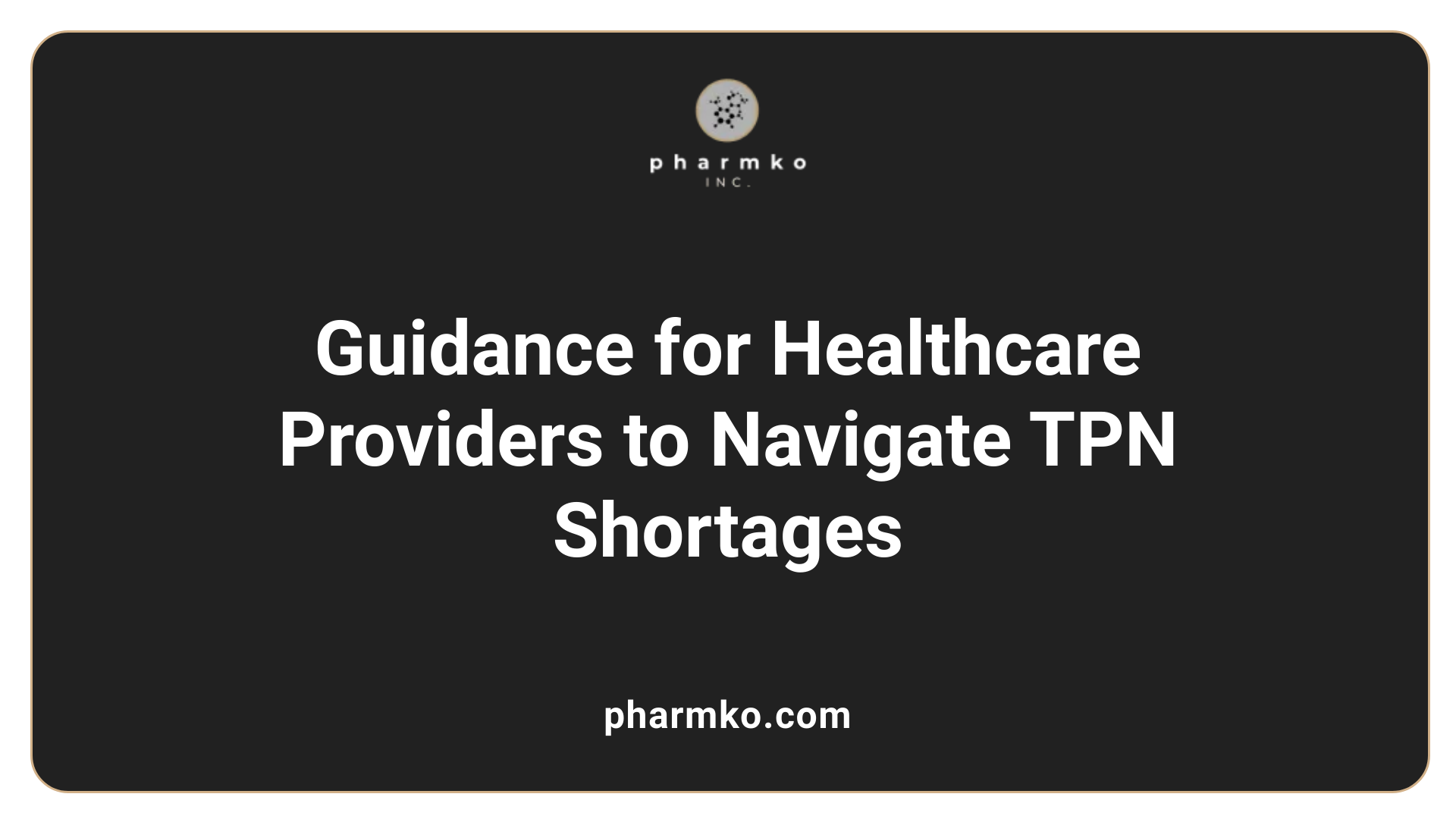
What guidance is available for healthcare providers and patients regarding TPN supply disruptions caused by Hurricane Helene?
The recent disruptions in Total Parenteral Nutrition (TPN) supply due to Hurricane Helene have created significant challenges for healthcare providers and patients alike. To mitigate these difficulties, several strategies have been recommended.
Strategies for healthcare providers during TPN shortages
- Communicate with Suppliers : Providers should maintain open lines with their suppliers to receive timely updates on the status of TPN supplies and potential reallocation of resources.
- Implement Product Conservation : Adopt conservation strategies for administering IV solutions to make the most of available supplies. This may include adjusting infusion rates or exploring alternatives when appropriate.
- Explore Alternative Nutritional Options : In light of TPN shortages, healthcare professionals could consider alternative nutritional methods, such as enteral feeding, for eligible patients.
Advice for patients reliant on TPN
Patients like Hailee Fobar, who depend on TPN for their health, should proactively engage with their healthcare providers to discuss contingency plans when faced with supply disruptions. Keeping an updated medication list and scheduling regular consultations can help maintain necessary care continuity as the situation unfolds.
Overall, collaboration and communication are vital for both providers and patients during this challenging time, ensuring that those who rely on TPN can receive the care necessary for their health and wellbeing.
Exploring Alternatives: Finding Solutions
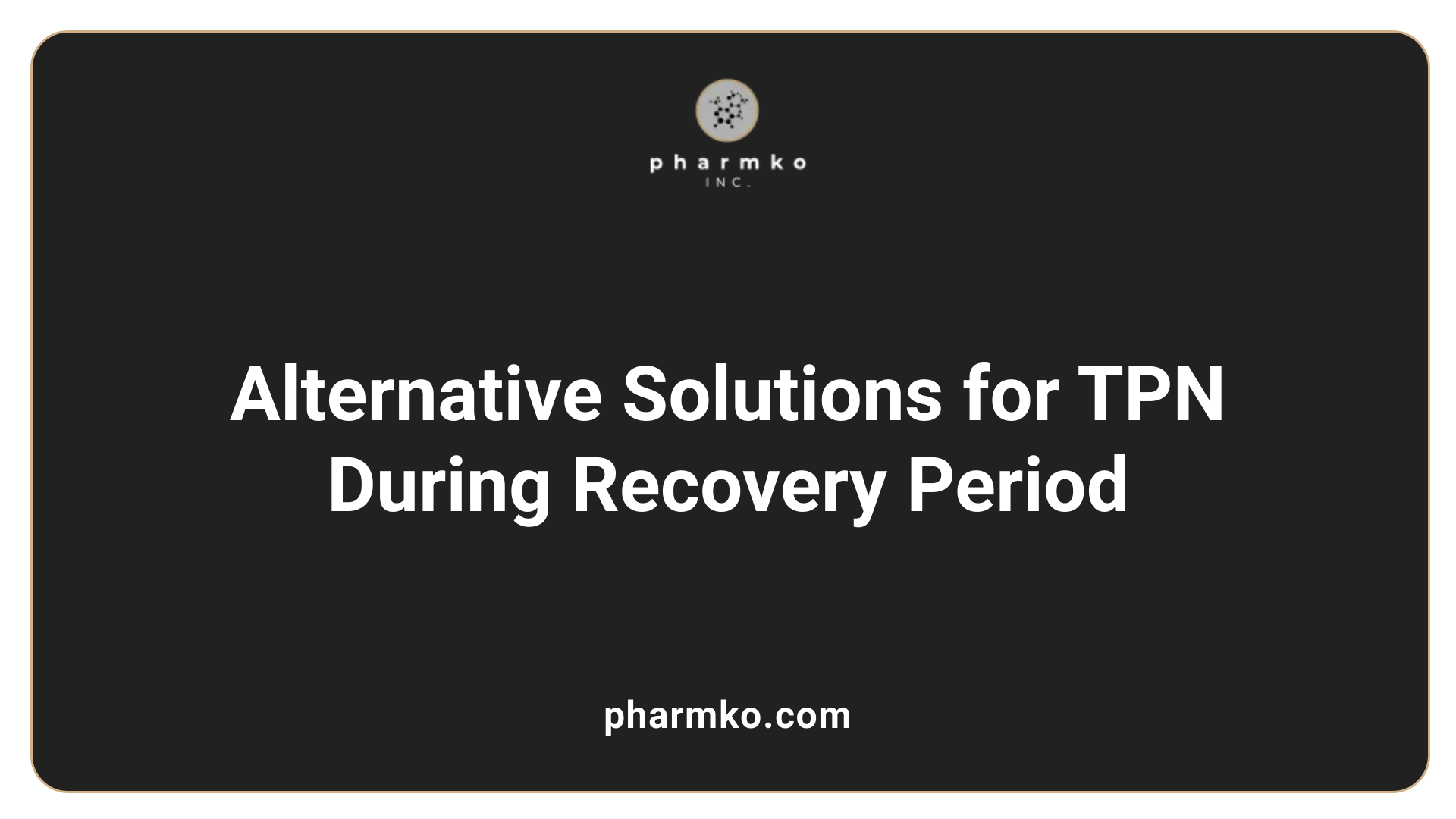
What solutions or alternative sources for TPN are available during recovery from Hurricane Helene?
During the recovery from Hurricane Helene, healthcare providers and patients face notable challenges in accessing Total Parenteral Nutrition (TPN) due to supply shortages. However, several alternative sources are available to ensure patients still receive the essential nutrients required for their treatment.
-
Local Compounding Pharmacies
These pharmacies can create customized TPN solutions specifically tailored to meet an individual patient's nutritional needs. Collaborating with these pharmacies can provide a valuable stopgap during the shortages of pre-manufactured options. -
Regional Healthcare Networks
Hospitals and healthcare facilities can coordinate to redistribute existing TPN supplies from less affected areas to regions experiencing more severe shortages. This collaborative approach helps to balance out the need and available supplies across different locations. -
Temporary Imported Solutions
In some circumstances, healthcare authorities may approve the importation of TPN solutions from other parts of the country or from overseas. This can be an essential short-term fix to address supply gaps. -
Close Coordination with Regulatory Agencies
It’s critical for healthcare providers to communicate closely with local pharmacies and regulatory agencies to ensure that all patients continue to receive necessary nutrition despite the disrupted supply chain.
These strategies highlight the resilience and creativity of healthcare providers as they navigate challenges posed by natural disasters while maintaining essential patient care.
Current State and Ongoing Recovery Efforts
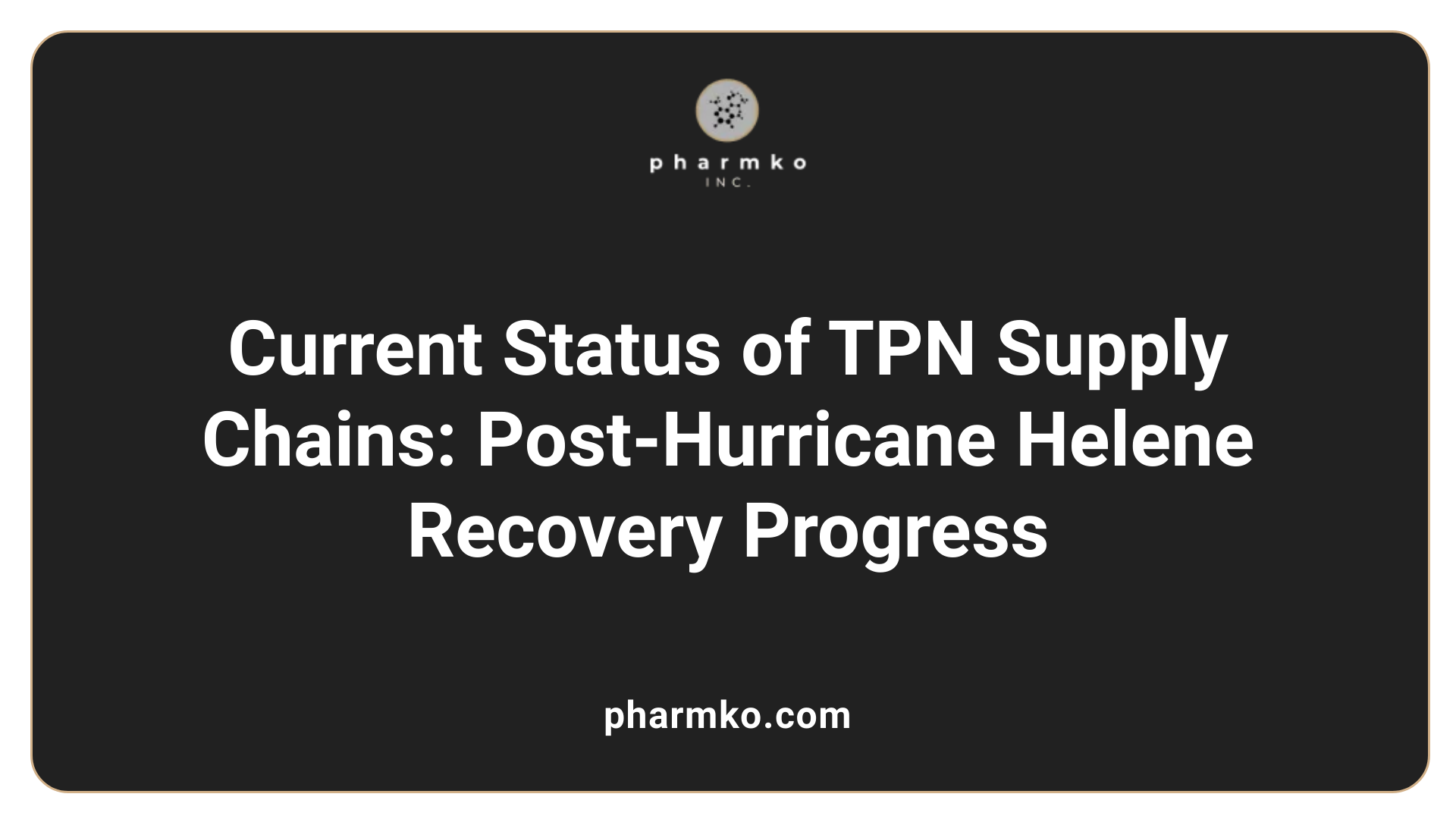
What is the current state of TPN supply chains post-Hurricane Helene and what support is available?
The Total Parenteral Nutrition (TPN) supply chains in North Carolina are slowly stabilizing following the disruptions caused by Hurricane Helene. Even though the Baxter International facility in Marion was significantly impacted, efforts are underway to restore operations. As hospitals currently receive only 40% of their usual IV fluid supply, the need for prudence and resource conservation has become paramount.
To aid in recovery, federal disaster assistance totaling over $294 million has been approved for the state. Survivors can access various support services, including:
- Housing Assistance : Financial aid for temporary housing.
- Transitional Sheltering Assistance : Nearly 1,700 individuals are utilizing temporary accommodations as recovery continues.
FEMA has established Disaster Recovery Centers across the region to deliver essential services and guidance, providing critical info on individual assistance programs. Residents are encouraged to remain vigilant and update themselves through official channels, which can help mitigate misinformation and potential scams during this crucial recovery phase.
The Broader Impact: Agriculture and Economic Concerns
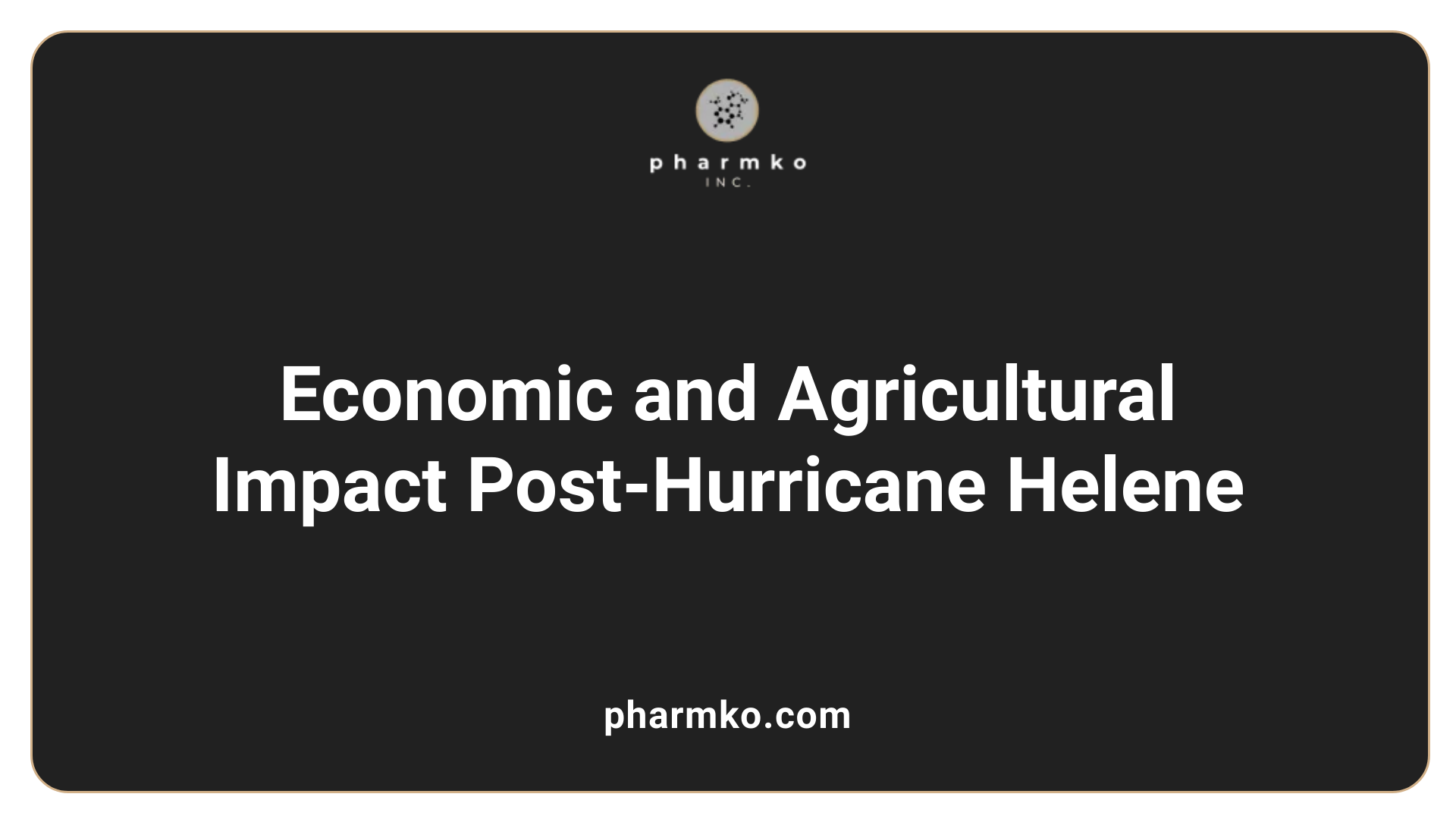
Impact of hurricanes on agriculture
Hurricane Helene's aftermath poses significant challenges to North Carolina's agricultural sector, which generates approximately $13 billion annually. The state has suffered agricultural losses exceeding one billion dollars from past hurricanes, highlighting how these events threaten the livelihoods of farmers and related industries. The increased intensity and unpredictability of hurricanes, driven by rising ocean temperatures, exacerbate threats to local agriculture.
Economic repercussions
Beyond agriculture, the broader economy is feeling the strain. Reports indicate over 475 price gouging complaints, primarily concerning essential goods like groceries and fuel. The attorney general's lawsuit against alleged exploiters underscores the urgency of addressing economic recovery. FEMA's assistance, including individual grants and disaster food assistance, aims to mitigate these challenges. As communities begin the long recovery process, the economic ramifications of such natural disasters reflect the need for a comprehensive recovery strategy that supports all sectors affected.
Government and Community Responses
Government Aid and Community Support Initiatives
In the wake of Hurricane Helene, both federal and state-level responses have been mobilized to assist affected communities in North Carolina. Governor Roy Cooper declared a State of Emergency, allowing for expedited provisions of aid and support services. The state has activated FEMA's Individual Assistance Programs, which provide essential help such as home repairs and temporary housing for those experiencing uninsured losses.
Additionally, the North Carolina Department of Insurance is coordinating efforts to help victims navigate insurance claims. Their initiatives also include establishing Victim Assistance Centers across the region, focusing on emotional support and logistical assistance for residents.
Efforts by Local and State Agencies
Local agencies, alongside the National Guard, have been actively involved in disaster recovery efforts. More than 3,600 military personnel are on ground, assisting with recovery operations. Moreover, various civic groups and charities are providing food, shelter, and essential supplies to those displaced by the hurricane's impact.
This integrated response from various levels of government highlights a collaborative effort aimed at not just immediate recovery, but also long-term support for rebuilding community resilience against future disasters.
A Path to Recovery and Resilience
In the wake of Hurricane Helene, the challenges faced in restoring essential healthcare services, notably the supply of TPN, underscore the need for robust disaster readiness and recovery strategies. While the journey to rebuild may seem daunting, the collaborative efforts of local, state, and federal agencies, alongside community support, highlight the resilience of North Carolina's spirit. The road to recovery involves not only the restoration of medical supplies but also implementing lasting changes to fortify supply chains against future adversities. By learning from the experiences of the past, healthcare providers and supporting agencies can better prepare to safeguard the health and well-being of all individuals who rely on specialized medical treatments like TPN.
References
- Hurricane Helene: Baxter's manufacturing recovery in North Carolina
- Patients, hospitals worry about shortage of IV fluids due to Hurricane ...
- Hurricane Helene Response and Recovery | NC DOI
- Hurricane Helene Response - NCDOJ
- Hurricane Helene | NC DPS
- Hurricane Preparation and Recovery Guides for North Carolina ...
- Hurricane Helene Aftermath Information



